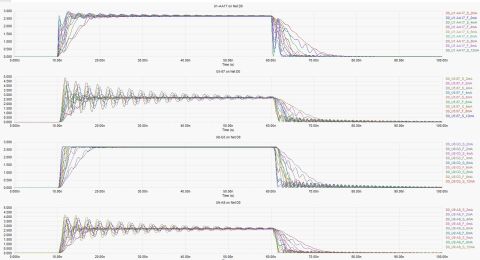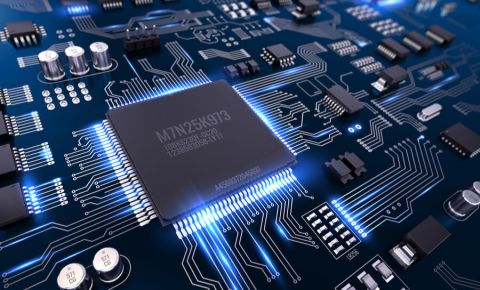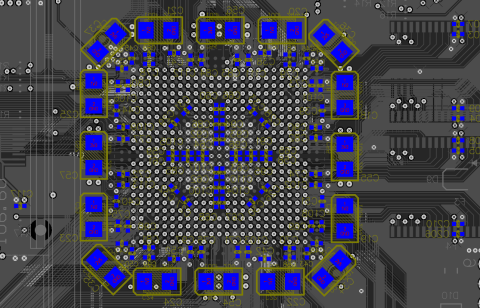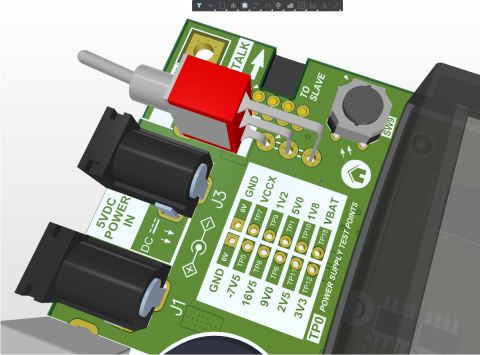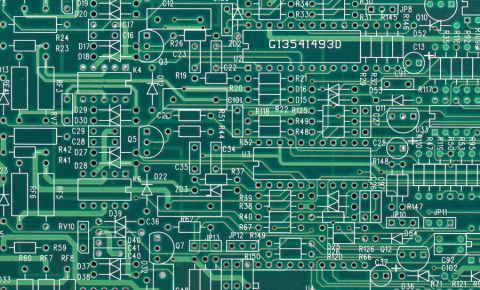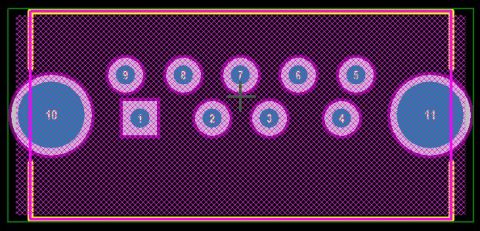Complete Component Library Management for PCB Design Data
Complete Management
Components are the basic building blocks of designs and even the slightest discrepancy can derail your whole design process. If one bad footprint makes its way through manufacturing, the rest of your design can be invalidated with necessary layout changes. Worst of all, you’ll have to identify everywhere a bad component has been utilized across several designs. The work required to change your layout grows exponentially the later you are in the design process. It doesn’t help that you have to juggle different tasks simultaneously. For example, while you are focusing on circuitry logic, you have to ensure data integrity for your components: symbols, footprint, and supply chain. You shouldn’t have to worry about data integrity while you are designing.
Component Creation and Revisions
The beginning of every design requires a part list to determine what component data needs to be incorporated into your design environment. Every component is composed of several independent elements of design data. Even the most basic component requires a symbol and footprint to be used in a design.
With Altium ®, each component element is revisioned independently to form a unique, unified component. This allows for independent, modular changes to all components. For example, if a footprint is used in multiple components, initiating a footprint revision will give you the opportunity to update every linked component. Before blindly applying any updates, you can use visual revision comparison to verify any model changes.
Component Revision Comparison
Additionally, component templates grant everyone on your team the piece of mind that all components have the information they require. Partnered with naming schemes and the ability to filter and save searches, finding the right design data for reuse is simple. Every design team member can access and reference the same set of design data to ensure synchronization across all design content.
Component Type Selection
Component Lifecycle and Usage
When you use existing design data, you can leverage supply chain availability and lifecycle states to ensure design data integrity. Lifecycle states allow you to stop using obsolete or errant in new designs.
Whether it is due to a recently discovered part error or lack of availability, where-used functionality will help you identify everywhere your design data is used. You can use the links between your design content and design data to update your designs quickly. Altium affords your designs with the capability to automatically match in-use to the latest compatible -based part revision.
Lifecycle Definitions
Data-Driven Design Decisions
Altium enables complete management from start to finish, making data integrity a simple task without ever needing to leave your design environment. As your designs grow in number, so do the size of your libraries. With Altium, you can maintain complete control of your ever-growing without getting distracted from your design process. As your design data grows, you gain more information on component usage and can leverage the experience to make data-driven decisions on future designs.
Interested in learning more about harnessing your ECAD data? Check out the Altium white paper “The Four Challenges to Transforming Data Management and Documentation into Designs”.
